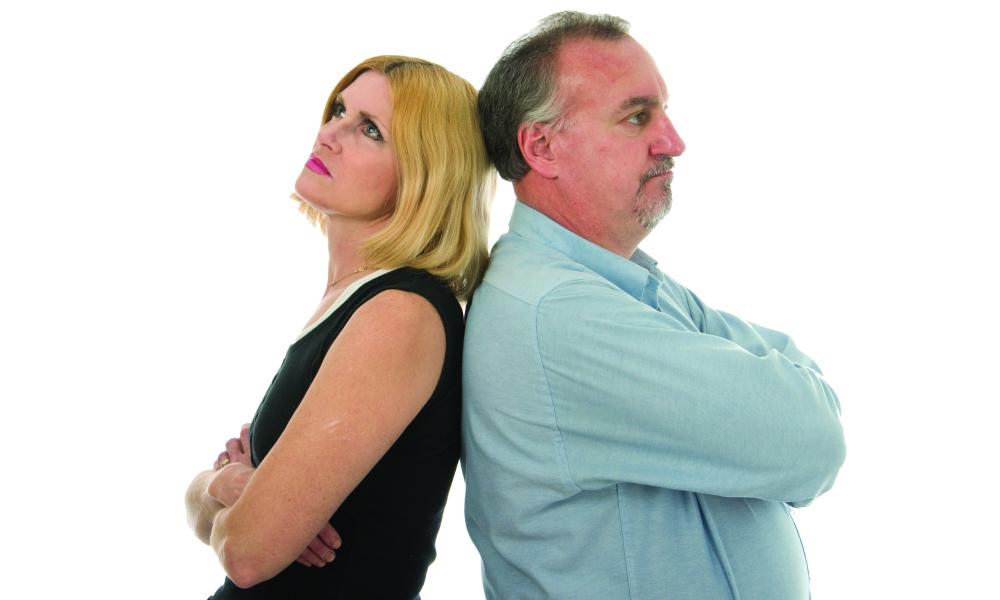
Mass is important to our family, It's not important to me
Kate and Mike have been married for 15 years and have three children. They disagree about whether or not Sunday Mass attendance is really important.
Mass is important to our family
Kate says: Going to Mass is very important to me and to our family. We should all be going together, but Mike refuses. He stays home and reads the paper on Sundays, which is setting a terrible example for the children. How can I make him live up to the obligations of his faith?
It’s not important to me
Mike says: Look, I understand that Kate likes church, but for the life of me, I can’t see why. I find it boring and unnecessary. I can pray at home. I have no objection to her taking the kids on Sundays, but I’m an adult – I can make my own decisions.
What should they do?: If you have looked around church on a typical Sunday, you will see more mothers with their children than fathers with their children. When asked about it, most of the fathers give the same answer and have the same thought process as Mike does. Without question, if Mike’s boss at work said we are all (as a work group) going to gather at 9 a.m. to thank the corporation for providing us work, benefits and paychecks, most would not question it. Primarily because most understand we can not accomplish much in the work place without being part of a team – without being part of the work community. The same is true with “church.” We are a community and when we worship, we come to give thanks for our blessings and to support each other. Church is as much about relationships with others as is the work community. Once we understand the dynamics of relationship, the more value we will put on attending the formal church.
It might help if Mike understood the reasons why his home is called a “domestic church.” It would help him understand and place a value on the larger community he presently calls church and it would help him understand the important role he plays in passing on the faith to his children. We agree that Mike is an adult, but that has responsibilities attached to it, just like it has benefits. Yes, he can make his own decisions, but as a father and husband, he does not have the luxury of thinking of only himself. He has an active role to play in the teaching of his children and in providing a proper role model. As a Christian parent, Mike does not have the freedom to “opt out” of his proper role to his children and his wife. The Christian faith is passed on from one generation to another primarily within the home, not through some formal classroom setting. The father and mother are the principal teachers of their children, and it is up to both parents to ensure the faith is passed on by setting a proper example of what it means to be a Christian and a member of a community. Children learn by watching their parents’ behavior. It is important for Mike to realize he and Kate are role models for their children, whether they want to be or not. Parents can’t abdicate their roles or their responsibilities.
It might help also for Mike to know that, just like in his marriage relationship (all relationships for the matter), you will get back what you give. If you give nothing, you get nothing back! If Mike is getting nothing out of going to church, he most likely is not putting anything into it. We know that sounds harsh, but the truth sometimes hurts.
We believe that, with a little bit of education and rational discussion, Mike would see the value. There is a value proposition here and we believe Mike has just not made the connection yet.



